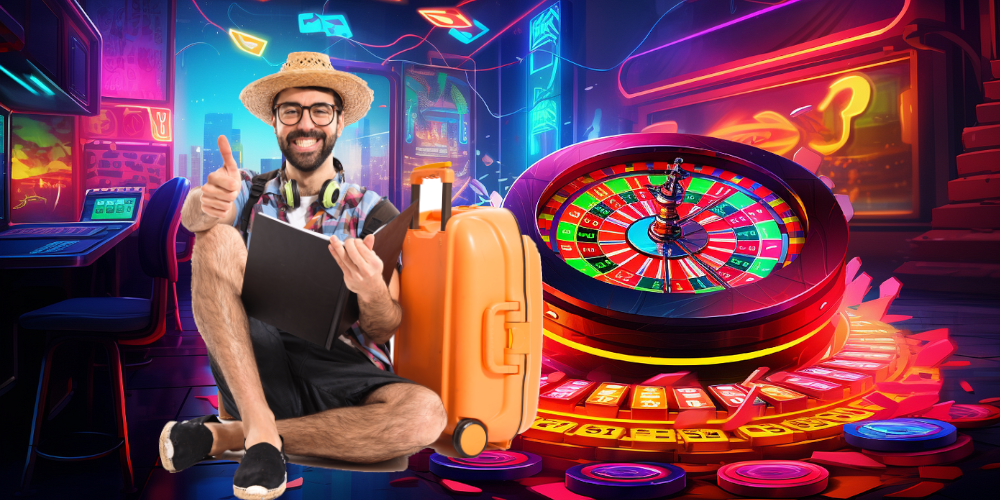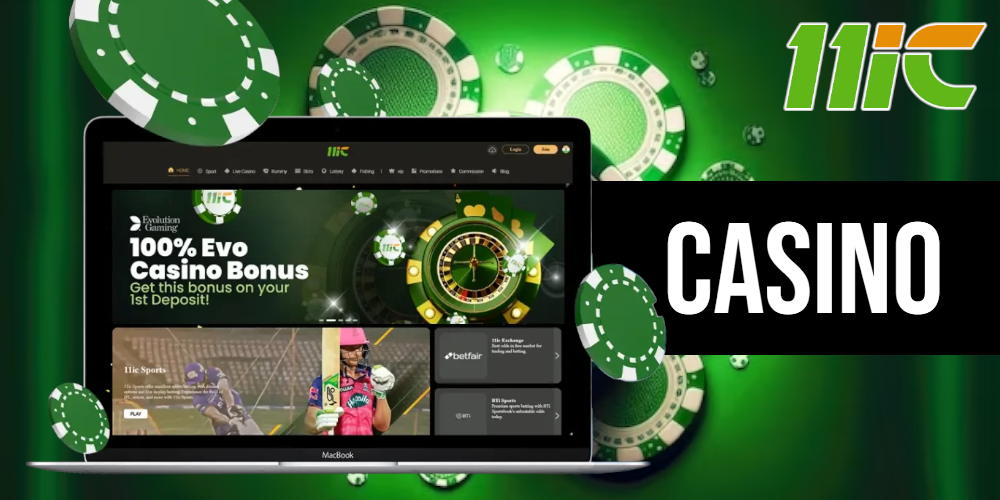Gambling has long been intertwined with tourism, attracting visitors seeking entertainment and excitement. This connection is evident in various countries where gambling centres such as Las Vegas and Macau have become synonymous with tourism. India, with its rich cultural heritage and rapidly growing economy, has begun to explore the potential of gambling and online platforms such as Yolo247 (https://yolo247.pro.in/) as a means of developing its tourism sector. However, this endeavour comes with a complex mix of economic benefits and social costs that need to be carefully balanced.
Economic Benefit to India
One of the major economic advantages of gambling is its ability to generate substantial revenue. In India, where tourism is an important industry, the integration of gambling can improve the tourist experience and extend stays. Casinos, betting platforms and other gambling establishments can contribute significantly to the economy through taxes and direct spending. For example, states such as Goa and Sikkim that have legalised casino gambling have seen an increase in tourist arrivals and associated expenditure. This increased revenue can be used to develop infrastructure, public services and social welfare programmes.
The gambling industry also creates numerous employment opportunities. From casino staff to security personnel and marketing specialists, the sector requires a wide range of skills. In addition, ancillary industries such as hospitality, transport and retail benefit from the growth in tourism. This multiplier effect can lead to a more sustainable local economy. Online betting platforms such as Yolo 247 further enhance employment opportunities by requiring technical support, customer service and compliance specialists.
India can attract foreign tourists through gambling tourism, leading to an inflow of foreign exchange. This can help stabilise the national currency and reduce the trade deficit. Destinations known for gambling often become international hotspots, attracting visitors who spend money on accommodation, food, shopping and other recreational activities.
Social Problems

Despite the economic benefits, the social costs of gambling are significant. Gambling addiction is a serious problem that can lead to financial ruin, mental health problems and strained relationships. The allure of fast money can trap people, leading to whiplash of debt and despair. Online platforms such as Yolo247 games not only provide convenience but also make gambling more accessible, potentially increasing the risk of addiction. Anonymity and ease of access can exacerbate gambling addiction, especially among young people.
The link between gambling and crime is another social cost that cannot be ignored. Unregulated gambling can lead to money laundering, fraud and other criminal activity. While legalisation and clear regulation of gambling may mitigate some of these problems, the possibility of illegal betting shops and unlicensed operations remains a concern. Effective regulation and enforcement are crucial to ensure that the benefits of gambling tourism do not come at the expense of law and order.
Gambling can exacerbate socio-economic inequalities, with the most vulnerable often suffering the most. Low-income individuals may be more susceptible to the lure of gambling as a means of improving their financial situation. Unfortunately, this often leads to greater financial instability and hardship. The social fabric of communities can be strained as families face the consequences of gambling addiction, including debt, loss of income and social isolation.
Balance Between Benefits and Challenges
To capitalise on the economic benefits of gambling while reducing its social costs, India must implement a strong regulatory framework. Effective regulation can help ensure fair play, prevent illegal activities and protect vulnerable groups. For example according to Yolo247 review, online platforms may be required to implement robust age verification processes, provide self-exclusion options and promote responsible gambling messages.
It is crucial to raise awareness of the risks associated with gambling. Public education campaigns can inform people about the potential dangers of gambling addiction and the importance of responsible gambling practices. Schools and community centres can play a key role in these educational efforts, helping to lay a foundation of knowledge that can protect future generations.
Providing support for those suffering from gambling addiction after Yolo247 sign up is crucial. This includes access to counselling services, support groups and rehabilitation programmes. Government and non-profit organisations can work together to create a network of resources that are accessible and where people can go for help. By addressing the mental health issues associated with gambling addiction, society will be better able to manage its social costs.
Relying solely on gambling for economic growth may be risky. India should seek to diversify its tourism offerings to include cultural, historical and natural attractions alongside gambling. This approach can help create a more sustainable tourism industry that is less susceptible to the fluctuations and risks associated with gambling.
The link between gambling and tourism in India is a multifaceted scenario with both significant economic benefits and notable social costs. The potential for income generation, employment opportunities and foreign exchange earnings can contribute positively to the economy. However, these benefits need to be weighed against the risks of dependency, crime and social inequality. Platforms such as Yolo247 exemplify the modern transition to online gambling, bringing both opportunities and challenges.





